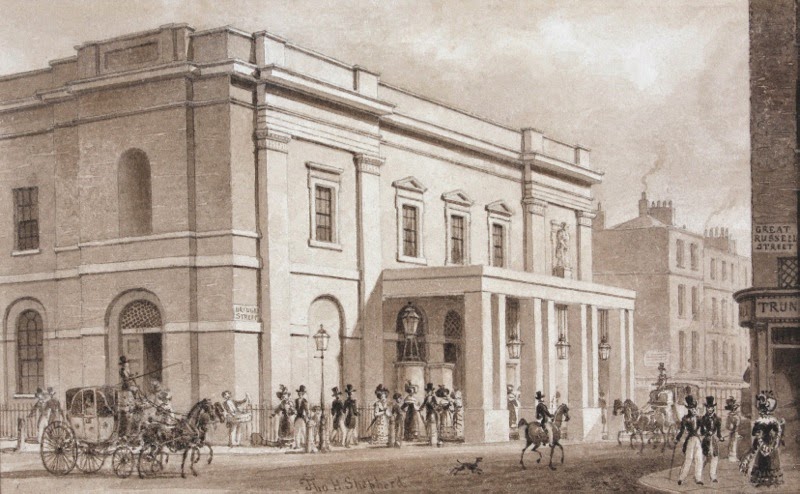The English Exam and the Skills Deficit

The Place to find Exam Skills at work I hope that your exams (and your results day) have not been as traumatic as mine were at school. I still have minor nightmares about that day! In this blog, I take a look at the reasons behind exam success and failure. If you are coming to this blog having faced disappointment, do not despair. Help is at hand. There is a lot that you can learn in order to improve your performance . This blog will help you to start that journey I will be sharing my pesonal experiences, but you will also find that the research is informed by professional experience, rather than irrelevant educational theories. In my experience of 30 years of teaching English in Schools and in the University sector, these are the most common reasons for poor results: 1. Anxiety based on lack of confidence, poor planning and fear of the unknown 2. Lack of familiarity with past exam questions 3. Poor me...

